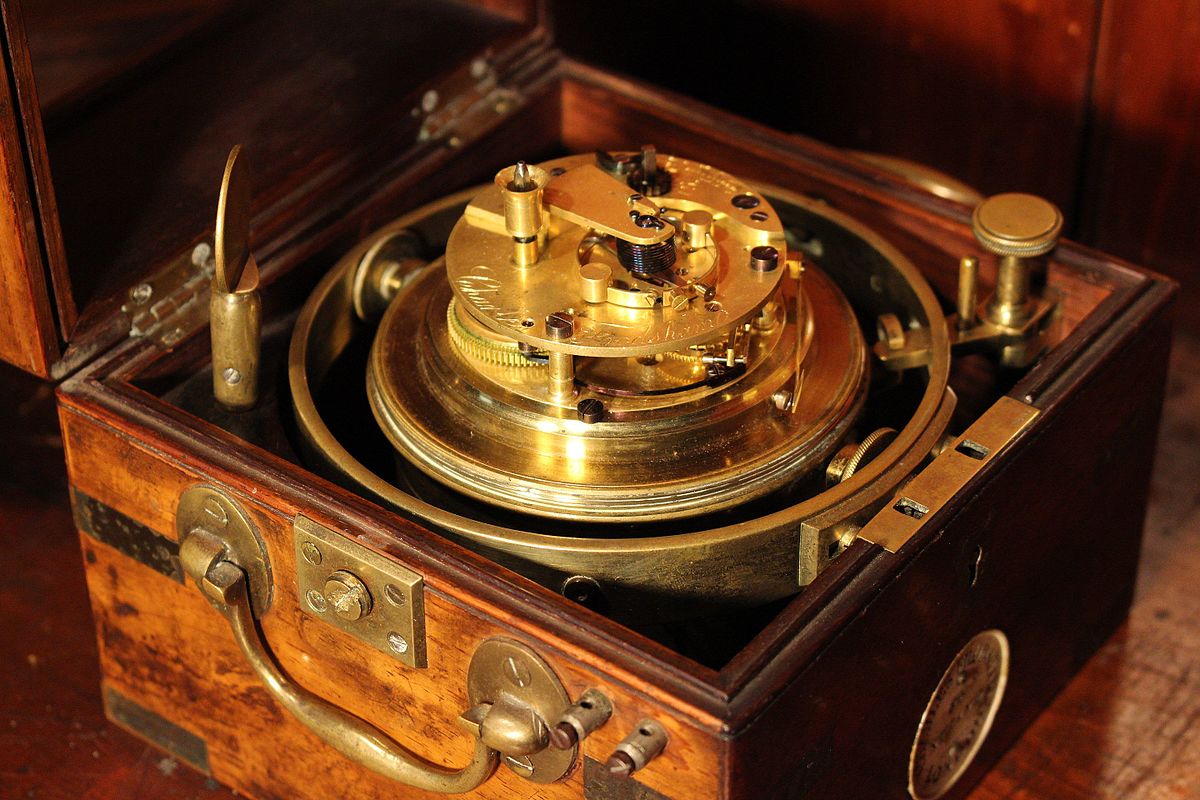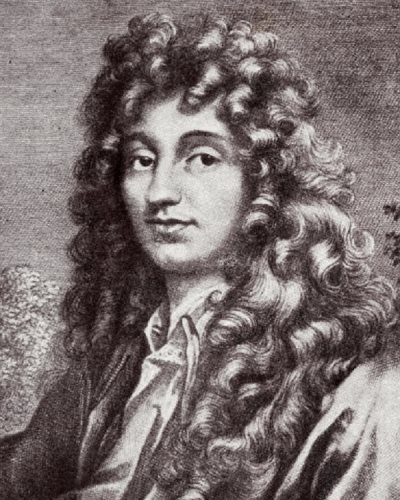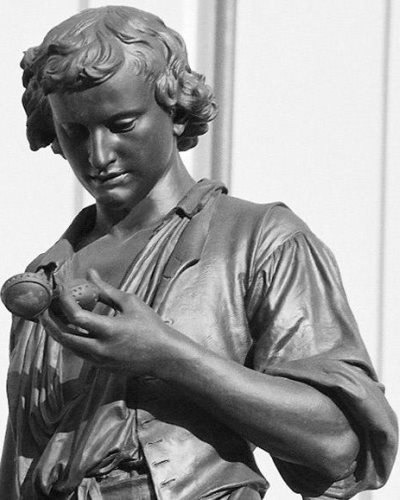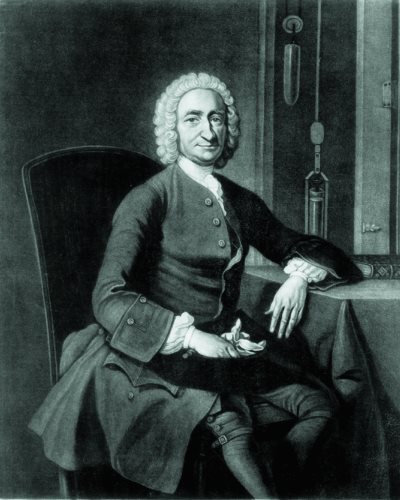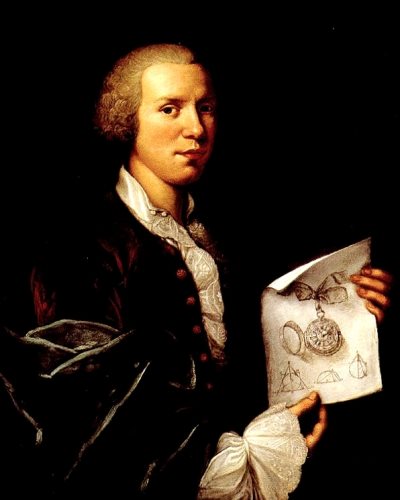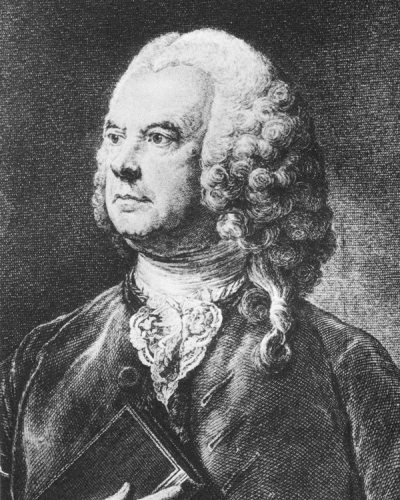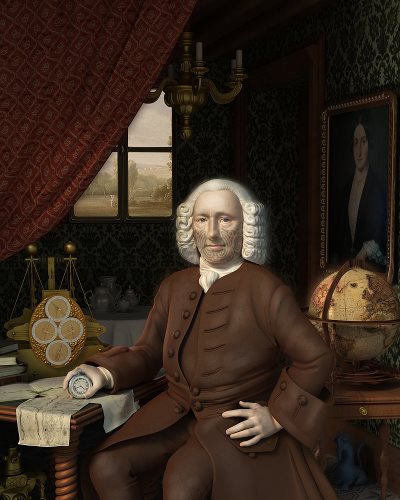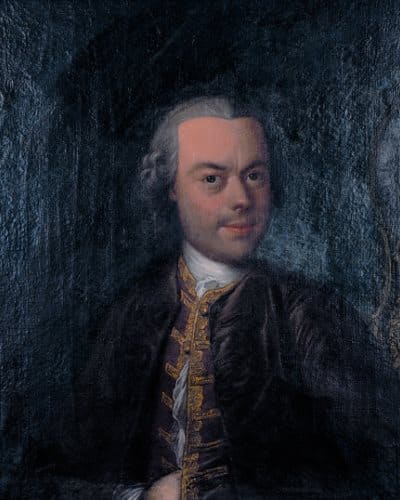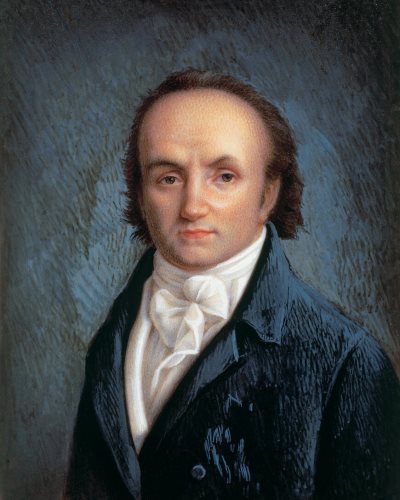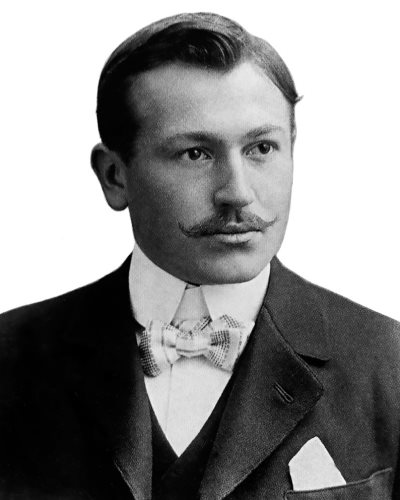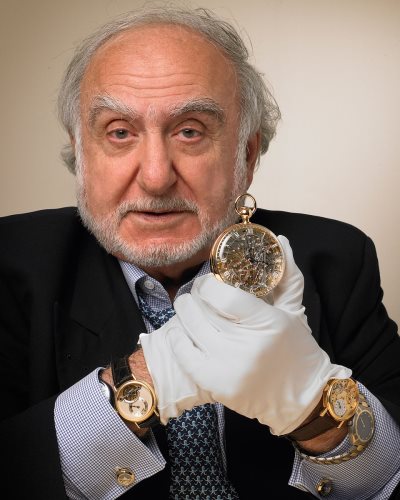The inventors
Watchmaking was born of the individual talent of certain men, who challenged the laws of physics to offer their fellow beings, such as modern Prometheus, a tool for measuring time. These watchmaking personalities invented mechanisms of ever greater precision to achieve this goal of capturing, in a dial, the passage of hours and minutes.
The anchor escapement (Robert Hooke, 1670), the cycloid pendulum for clocks and the spiral for watches (Christian Huygens, late 17th century) went in this direction. These famous watchmakers have been remembered as pioneers. But in parallel, in the Swiss Jura, another man laid the foundations of watchmaking as an industry: Daniel Jeanrichard, with his modern vision of the division of labor and division of tasks in the field of watchmaking.
Famous inventor watchmakers, then there were many others: those who worked tirelessly on the development of marine chronometers (George Graham, designer of the mercury pendulum of the same name, John Harrison), those who worked on more mechanisms. perfected for watches and traditional clocks (the Frenchman Julien Le Roy and his pendulum equation). Let us also mention the experimenters and theoreticians who, not content to advance the science of clocks, contributed to its durability (Ferdinand Berthoud, inventor of the escapement relaxation and author of many books).
But watchmaking could not be – and never was – just a matter of mechanisms. It was also necessary to breathe in beauty and mystery. This was done by Pierre Jaquet-Droz, a Swiss designer of fantastic automatons who were considered witchcraft, or Abraham-Louis Breguet, famous among famous watchmakers, who conceived works that were fundamentally original and elegant. . Inventor of the tourbillon, the anchor escapement with shared impulse surfaces or the “Breguet” spiral, it is undoubtedly the watchmaking personality that brought his art into the era of modernity, and this, from the eighteenth century.
Businessmen
Beyond its inventions, watchmaking is also punctuated by its brands. Famous watchmakers founded factories that were just as famous. Thus, the watchmaking personalities are also those who founded well-known brands all over the planet, and who knew how to take the industry head to head to modify the race, sometimes in times of crisis.
It is Hans Wilsdorf, a native German and British adopted, who gave life to his ambitions in the form of a renowned brand to the end of the world, symbol of the universality of the watch-object: Rolex . It is also the presence of wit and the commercial intelligence of a Nicolas Hayek who, at the turn of the most serious crisis that the Swiss watch industry has ever known, at the turn of the 70s, responded to the threat of the quartz watch by a merger of efforts (creation of the Swiss Society of Microelectronics and Watchmaking) and by the salvating launch of a small watch now more famous than most of the watchmaking personalities mentioned above: the Swatch.


 Français
Français